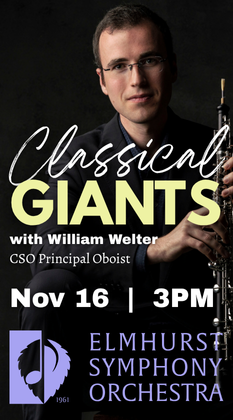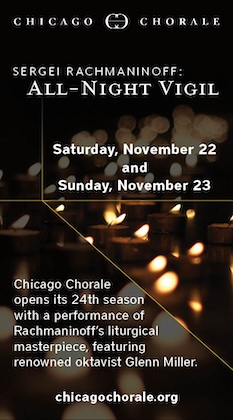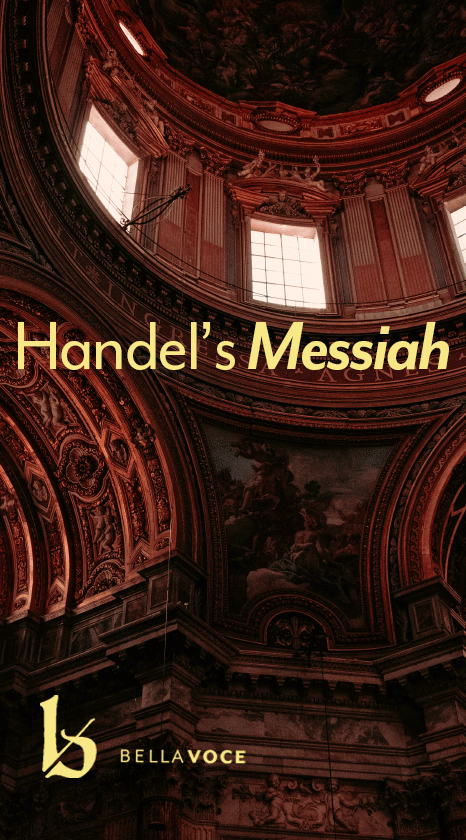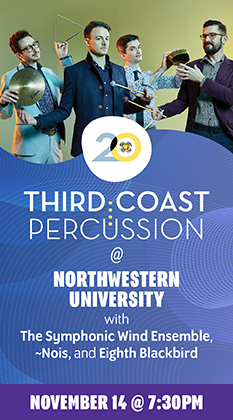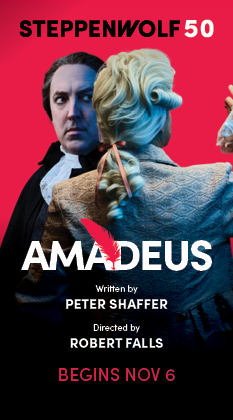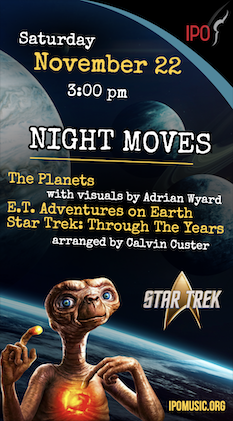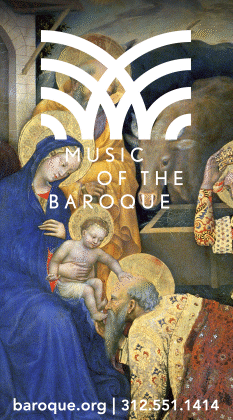Isidore Quartet excels in Winter Chamber Festival debut
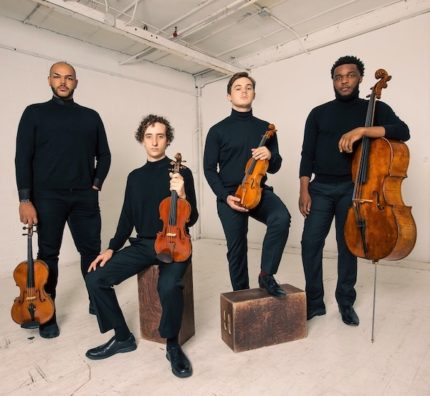
Northwestern’s Winter Chamber Music Festival continued Friday night at Pick-Staiger Concert Hall with the first appearance of the Isidore String Quartet on the annual series. Winners of last year’s Banff International String Quartet Competition, the four young Isidore gentlemen—violinists Adrian Steele and Phoenix Avalon, violist Devin Moore, and cellist Joshua McClendon—made clear with their Evanston performance that they have earned their laurels and are a talented young ensemble to watch.
The Isidore program opened with Haydn’s String Quartet No. 25 in C Major, Op. 20, no. 2, one of the composer’s six “Sun” quartets. The musicians brought exquisite poise and balance to the gracious Moderato, which was in stark contrast to the angular opening of the ensuing Adagio. Mournful cello phrases from McClendon and an operatic turn from Steele in the first violin chair highlighted this movement as it developed.
The genial Menuetto sounded, well, “sunny,” and the work closed with a wisecracking Fuga a 4 soggetti (“Fugue with Four Subjects”). The Isidore captured the humor of this concluding contrapuntal confection, scurrying at a hushed dynamic until opening up near the very end to finish with gusto.
The multi-Grammy-winning Billy Childs is better known as a jazz pianist than as a composer of classical chamber music, but one would not necessarily have guessed as much hearing his String Quartet No. 2 (“Awakening”) from the Isidore. Written in 2012, the three-movement score was inspired by the emotional rollercoaster of a near-fatal pulmonary embolism the composer’s wife suffered, and from which she gradually recovered.
Childs’ quartet begins with “Wake-up Call,” where jaggedly dissonant gestures capture the panic of receiving life-altering bad news, and the Isidore players projected the manic emotional oscillation that accompanies such an experience. The wandering lines of “The White Room” conveyed the timeless self-similarity of hours spent by a hospital bed, with high harmonic chirps from Avalon (now in the first seat) imitating the endless electronic chirps that meaninglessly mark time.
The final “Song of Healing” is no valedictory ode, but begins with an anguished eruption that ultimately gives way to a halting duet for violin and cello, representing husband and wife reestablishing their relationship. This quartet felt like an honest depiction of what recovery is actually like—tentative, uncertain, and long. The Isidore players throughout were strong advocates for Childs’ affectively gripping work.
The second half was devoted to Beethoven’s titanic String Quartet No. 15 in A Minor, Op. 132, for which Steele again sat first violin. The quartet was able to make convincing sense of Beethoven’s almost disjointed proliferation of ideas in the opening Assai sostenuto-Allegro, punctuated with a searing shriek from Steele in the closing bars. The Allegro ma non tanto showed Beethoven as one of music’s finest minimalists. The whole movement is based on a nondescript melodic germ, and the Isidore projected the infinite variety that Beethoven mines from the most unassuming material.
The highlight and structural core of Op. 132 is of course its glowing central movement: “Heiliger Dankgesang eines Genesenen an die Gottheit, in der lydischen Tonart” (“Holy Song of Thanks from One made Well, to the Divine; in the Lydian Mode”), written after the composer’s recovery from a bout of severe intestinal distress. The Isidore deftly followed this meditation’s prayerful unfolding, and maintained its restrained nobility even where its writing is more active. Time stood still here in a spiritual manner quite different from Childs’ more earthbound evocation of healing and recovery.
The brief march that followed made the intended contrast, and the famous violin recitative gave way to the closing Allegro appassionato. These final sections were the sole occasion where one wanted more flair and drama from the four Isidores, though the room left for greater abandon detracted little from their otherwise exceptional late-Beethoven account.
The quartet offered the Contrapunctus 1 from Bach’s Art of Fugue as an encore, closing the evening in a restrained, reflective fashion.
The Northwestern Winter Chamber Music Festival continues 3 p.m. Sunday with the New Orford String Quartet performing Kelly-Marie Murphy’s Oblique Light, Bartók’s String Quartet No. 4, and Schubert’s String Quartet No. 15. music.northwestern.edu
Posted in Uncategorized
